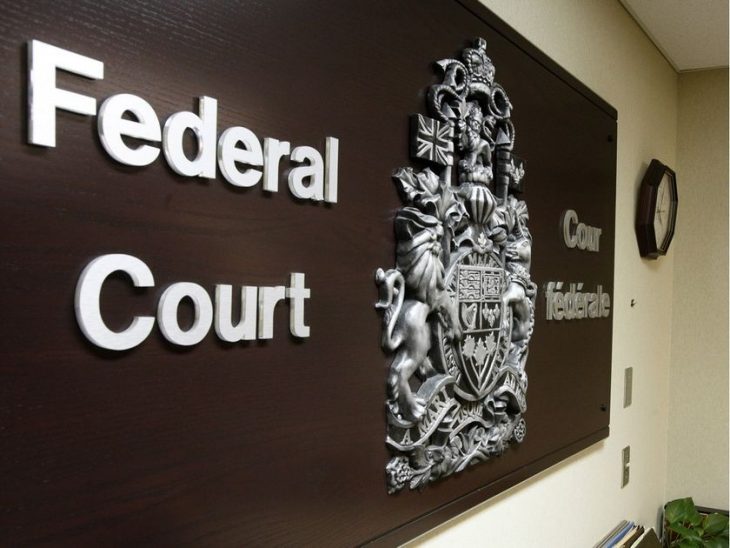
By Ahmad Hathout
OTTAWA – American movie studio Voltage on Tuesday filed an appeal to the Federal Court of Appeal challenging a decision by a lower court denying its request to certify a class of defendants that allegedly infringed on its copyright by downloading and uploading its movies illegally.
While the Federal Court ruled that a reverse class action was the proper method to move forward with any such lawsuit, it said Voltage’s method to notify the defendants – through the legislation’s notice-and-notice system – extended beyond Parliament’s intent with the system.
Specifically, the court took issue with Voltage’s plan to use the system’s warning to subscribers about copyright infringement to slip a link to a website to allow Voltage’s lawyers to communicate with those people – which may reveal their personal information.
Voltage argues in its appeal that the lower court erred in its interpretation of a section of the Copyright Act to narrowly restrict the types of communications that the notice system can facilitate.
In any event, Voltage also argues that the method of contact is actually a minor concern that should be dealt with after certification of the class, which the studio has been trying to obtain for years.
“The Hearing Judge’s construction did not fully take into account the full context of the notice-and-notice regime and Parliament’s intentions,” Voltage argued in its notice of appeal. “The Hearing Judge did not consider that s. 41.25(2)(a) requires notices of claimed infringement to include information ‘to enable communication with the claimant.’
“The notice-and-notice regime does not ban enabling methods of communication that may eventually include personal information,” Voltage argues, adding defendants would remain anonymous through the notice system.
“The Hearing Judge made a palpable and overriding error by finding that class members had to disclose personal information when they did not,” Voltage added.
While the Federal Court denied certifying the class, it did say the movie studio could amend its method to satisfy the court.


